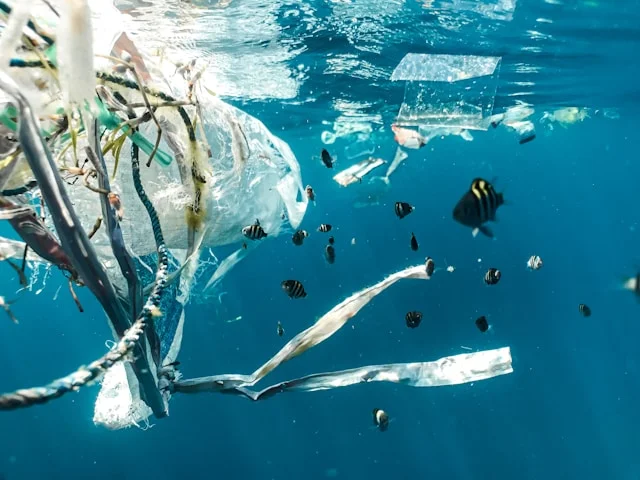USA- Unilever, USAID, and EY have joined forces to launch the CIRCLE Alliance, a new public-private partnership aimed at addressing one of the world’s most urgent environmental challenges: plastic pollution. With an initial investment of $21 million, the initiative seeks to empower entrepreneurs and small businesses within the plastics value chain to develop innovative solutions that reduce plastic use, tackle plastic waste, and promote circular economies. The alliance will initially focus on India, Indonesia, Vietnam, and the Philippines, with plans to expand its reach by bringing in new organizations and additional funding.
The CIRCLE Alliance was officially launched today by USAID Administrator Samantha Power, Unilever Chief Sustainability Officer Rebecca Marmot, and EY Global Vice Chair of Sustainability Amy Brachio. They were joined by U.S. Senators Sheldon Whitehouse and Dan Sullivan, co-sponsors of the Save Our Seas 2.0 Act, a significant legislative effort passed in 2020 to combat ocean plastic pollution.
Plastic pollution has become a growing global concern, with severe impacts on the environment, food security, and economies. The United Nations Environment Programme (UNEP) estimates that 11 million metric tons of plastic enter the ocean every year, a number expected to triple by 2040 if no urgent action is taken. This constant flow of plastic waste threatens marine life, disrupts ecosystems, and contaminates fish and other sea creatures with microplastics, posing risks to food supplies. It also leads to significant economic losses in industries like tourism and fisheries, which are essential to the livelihoods of many coastal communities.
The CIRCLE Alliance, supported by USAID’s EDGE Fund, is a flagship project under the Save Our Seas Initiative, aligning with the goals of the Save Our Seas 2.0 Act. The EDGE Fund is designed to leverage private sector expertise to address some of the world’s most pressing challenges. The initiative is also backed by the GEEA Fund, which focuses on advancing economic security for women and girls by increasing their access to resources, services, and leadership opportunities, while removing barriers to their full economic participation.
CIRCLE places a special emphasis on empowering women, particularly in the global south, where they make up the majority of waste collectors. The initiative aims to protect the environment and improve livelihoods by supporting entrepreneurs and small businesses, many of whom are women working in informal sectors. By providing the necessary tools, resources, and support to develop sustainable solutions, the CIRCLE Alliance hopes to foster inclusive economic growth and drive the transition towards a circular economy.
Since its inception, USAID’s programs have made significant progress in addressing the plastic pollution crisis. These efforts have prevented around 1.2 million metric tons of plastic from entering the environment—the equivalent of 127 billion plastic bottles—and improved solid waste services for 11.3 million people. Additionally, these programs have catalyzed $138.7 million in private sector and public funding commitments for solid waste management and recycling.
To build on these efforts, USAID Administrator Samantha Power announced plans to invest an additional $10.9 million in the Clean Cities, Blue Ocean program, which is USAID’s flagship program under the Save Our Seas Initiative. This funding includes a $750,000 contribution from the Government of Norway, which was previously announced at the Our Ocean Conference and on Earth Day.
As the CIRCLE Alliance begins its work, it marks a significant step forward in the fight against plastic pollution, combining public and private sector resources to drive innovation, protect the environment, and empower communities around the world. With an initial focus on four heavily affected countries and plans for further expansion, the alliance aims to become a leading force in the global movement towards a more sustainable and circular future.



